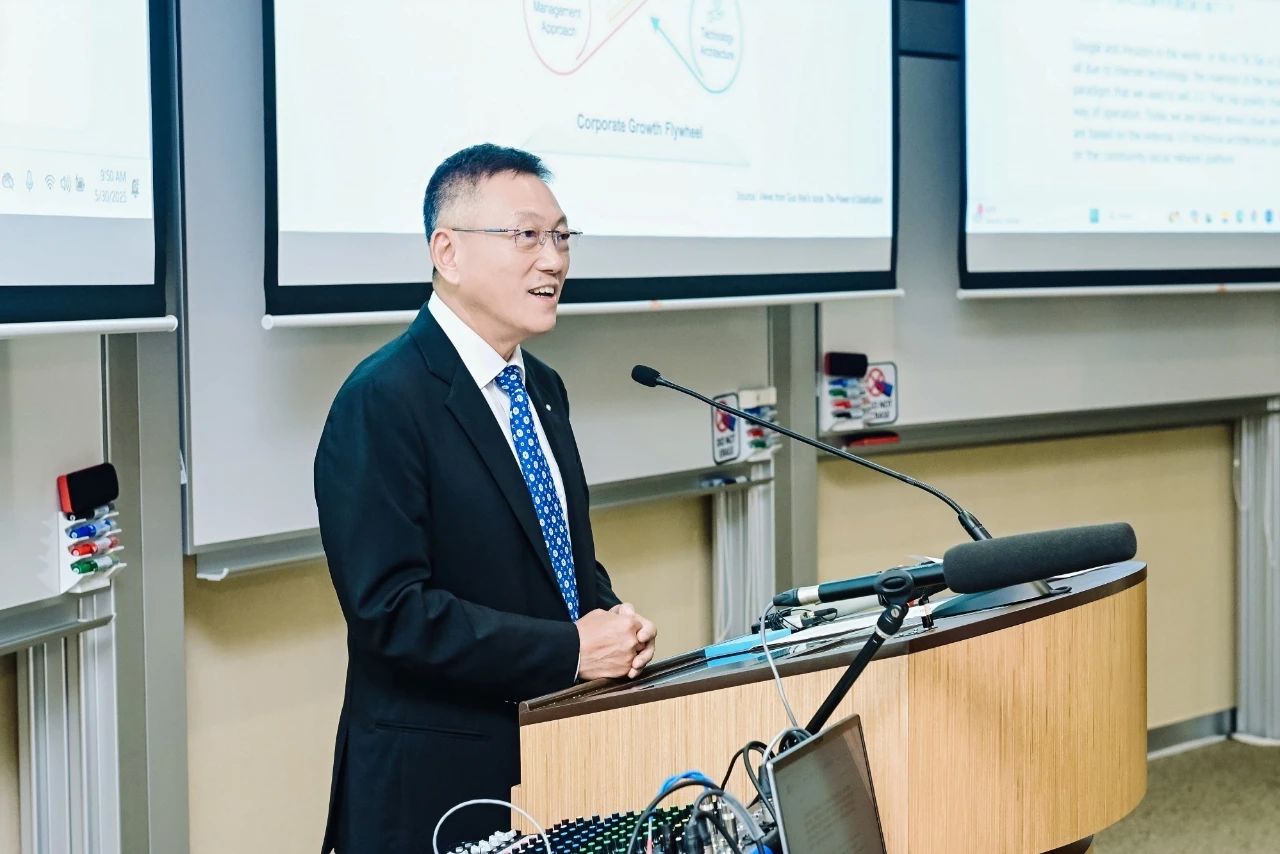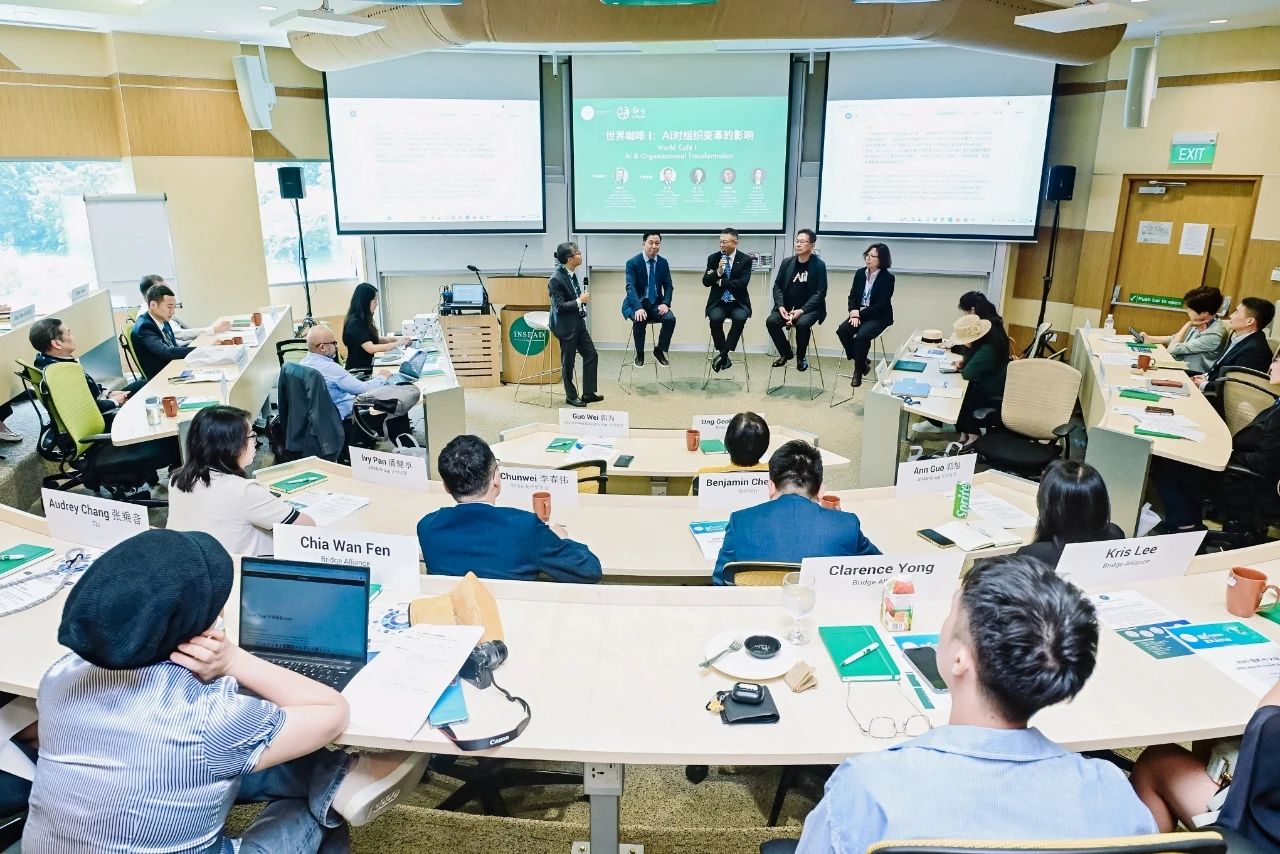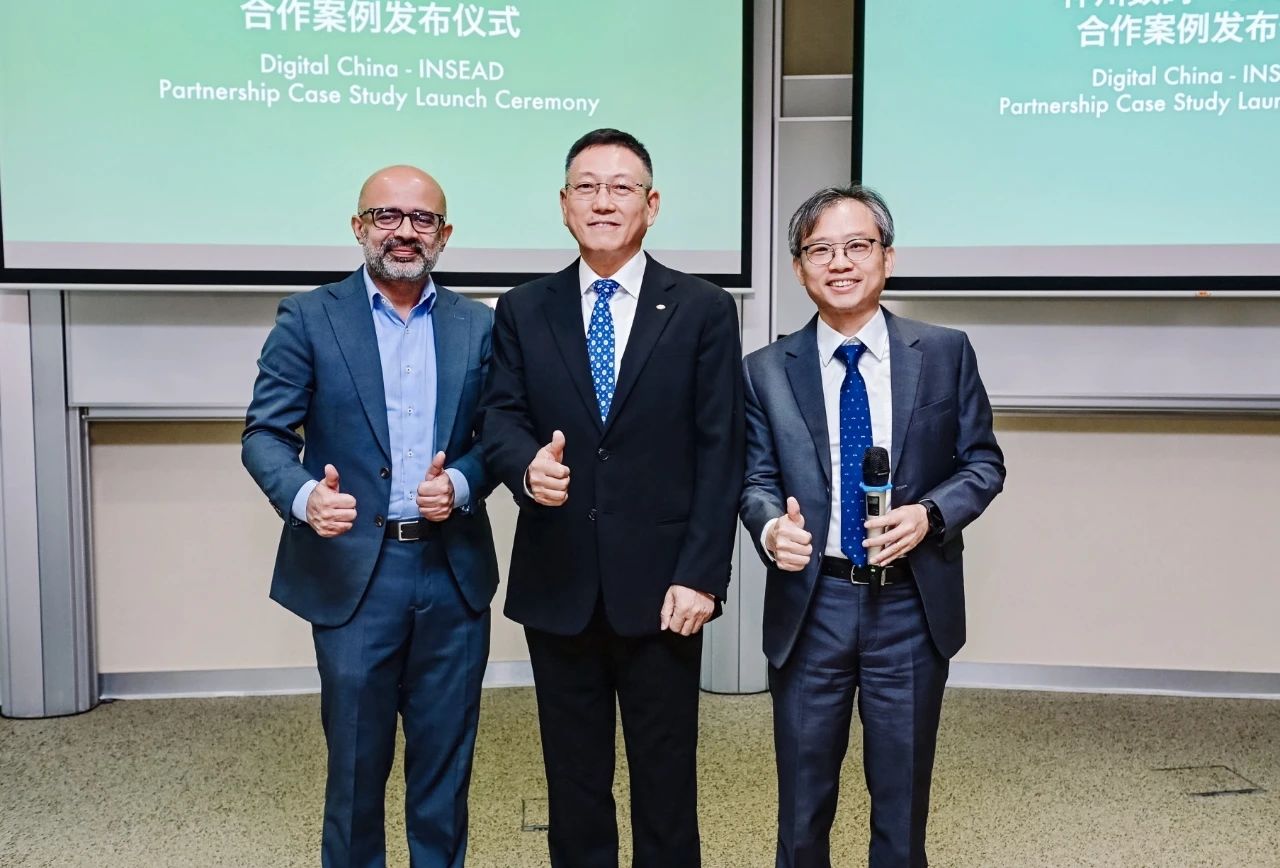On May 30th, the 2025 Asia-Pacific AI Conference, jointly organized by INSEAD and Jiran Group, came to a successful conclusion. Themed "Intelligence Inspires the Future, Shaping a New Paradigm of Human-Machine Symbiosis", this conference explored multi-dimensional issues of artificial intelligence, ranging from technological breakthroughs to ethical challenges. There are top AI scholars, leading industry entrepreneurs, representatives of academic institutions, seasoned investors and NGO elites from the Asia-Pacific region who attended the conference and it integrated the wisdom of both the East and the West.
Guo Wei, Chairman of Digital China, was invited to attend this conference to share his thoughts on enterprise management in the AI era and discuss AI-driven organizational transformation with experts from various sectors. Meanwhile, the AI-driven digital transformation case of Digital China, “Shaping the Future: Digital China's Transformation from Digitalization to AI-driven Organization”, was officially released as the first AI case jointly developed by INSEAD and Digital China.
Enterprise Management and Organizational Transformation in the AI Era
In his speech, Guo Wei pointed out that from the perspective of the essential mechanism of enterprise operation, the interaction among business models, technical paradigms and management methods forms the “growth flywheel” driving enterprise evolution. At its core, the critical focal point lies in business processes. Embedding AI deeply into business process reengineering will therefore be a key direction in the commercial evolution of AI technology. To achieve the management goals of process reengineering, where enterprises have a comprehensive perception of their own development, make rapid decisions, and continuously iterate, enterprises must first to complete the reconstruction of enterprise infrastructure, integrate business processes with the brand-new data-cloud integration technology architecture, and thereby promote the essential pursuit of maximizing data assets for enterprises.
“In the era of the integration of AI and data cloud tide, enterprises can transform their unique strengths into new sources of growth by leveraging the formation of data assets, which can enable them to stand out in the fierce market competition. This brings brand-new opportunities to every enterprise.” Guo Wei said.
During the subsequent "World Coffee" roundtable discussion, Guo Wei, along with Xiong Hui, Associate Vice President of the Hong Kong University of Science and Technology (Guangzhou), Weng Jialiang, founder and director of the AIII International Institute for Artificial Intelligence, and Fu Xiujue, senior scientist at the High Performance Computing Research Institute of the Agency for Science, Technology and Research in Singapore and director of the Maritime Artificial Intelligence Program, jointly discussed the impact of AI on organizational transformation.
Guo Wei said, “From the perspective of enterprises, every technological revolution holds great opportunities, at the same time, it is accompanied by many challenges. The greatest challenge lies in how to build correct cognition. At present, the public opinion environment is highly enthusiastic about AI, but the application of AI in actual enterprise scenarios is still in its infancy. This kind of difference is prone to cause fatigue and anxiety. We often worry that enterprises are too slowly in advancing related applications. However, taking the development of integrated circuits as an example, its process has taken over a hundred years from the initial discovery of semiconductors to achievements at present. Therefore, for the development of any technology, we need to adhere to the "craftsman spirit" and maintain sufficient composure. We firmly believe that AI and digitalization will bring profound changes, but such changes will not happen overnight; they require a gradual process.
The first AI case of INSEAD and Digital China was released.
At this conference, Guo Wei, along with Professor Sameer Hasija, the dean of INSEAD Asia Campus and the dean of Executive Education, and Professor Chen Guoli, the director of the Department of Strategy at INSEAD, jointly released the case of Digital China promoting its own digital transformation and continuously empowering the digital transformation of enterprises - "Shaping the Future, Digital China's Transformation from Digitalization to AI-driven Organization". Currently, this case has been included in the case library of INSEAD Business School. In the future, it will also be incorporated into the INSEAD MBA curriculum system as a classic teaching case for global students to study.
This case systematically expounds Digital China's practical experience in enterprise digital transformation, integrates the latest exploration achievements in the AI field based on the "AI-driven data-cloud integration" strategic framework of Digital China. It aligns with the global digital development trend and the hotspots of AI technology, therefore, it has extensive significance as it has provided highly valuable reference models for numerous enterprises on their path to digitalization and AI transformation. It is worth noting that this is the second time that the digital transformation case of Digital China has been included in the teaching materials of top international business schools after being selected into the case libraries of London Business School (LBS) and Harvard Business School in 2024. It has once again taken the stage on the global academic and business stage, contributing outstanding wisdom and innovative solutions from China to the development of the global AI industry.
Professor Chen Guoli stated: "This case not only represents a high recognition of Digital China's AI transformation methodology, it also aims to provide the global academic community with more abundant research materials. As a result, it can help to enrich and improve the theoretical system of global digital transformation and AI application, and form an important link between ‘Chinese practice’ and ‘global academic community.”
In the future, Digital China will continue to drive development through innovation, delve deeply into the cutting-edge of digitalization, and promote the integration of artificial intelligence with traditional industries through technological iteration and ecological collaboration. It will empower the digital transformation of thousands of industries and inject digital impetus into the sustainable development of the global economy.
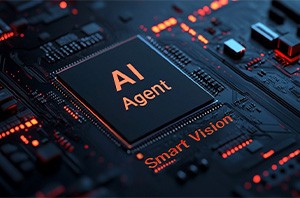 Smart Vision
Smart Vision Shenzhou Kuntai & Smart Vision Integrated GenAI Suite
Shenzhou Kuntai & Smart Vision Integrated GenAI Suite Data Asset Accounting
Data Asset Accounting Data Security Control Platform
Data Security Control Platform Shenzhou Yanyun Integrated Solutions
Shenzhou Yanyun Integrated Solutions Cloud Management Services
Cloud Management Services AI Computing Power Servers
AI Computing Power Servers Storage Products
Storage Products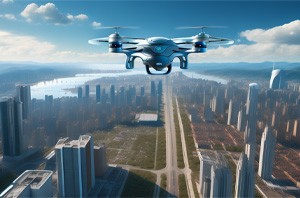 Low-Altitude Solution
Low-Altitude Solution RaaS Operation Service Solution
RaaS Operation Service Solution